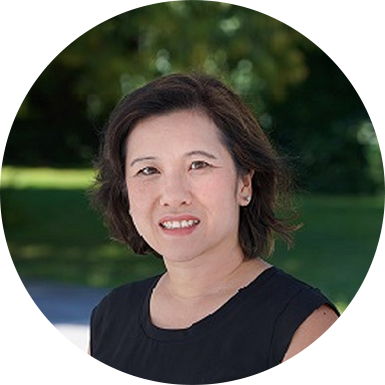The UBC School of Social Work joins others in paying witness to and mourning the deaths of eight people (six women, two men) murdered by a White man in Atlanta, Georgia. In singling out women, this senseless act of hate has to be seen as an act of racialized misogyny. Racialized stereotypes of East Asian women as compliant, vulnerable and hyper-sexualized has made them a frequent target for violence and discrimination. Indeed, as a Chinese Canadian National Council (CCNC) report confirms, 60% of the victims of anti-Asian racism are women and those who are read as women.
The recent anti-Asian atrocity is only the tip of the iceberg in terms of longstanding systematic racial discrimination against East Asians. Systemic racism against Chinese immigrants began with exclusionary legislation over 150 years ago. It took a further turn with the internment of Japanese Canadians and seizure of their property and lands in WWII. Though more recently, East Asians have been stereotyped as the “model minority,” this label has subversively silenced the voice and racialized experience of East Asians in the public as well as in anti-racist academic discourse. Amid the COVID-19 pandemic the number of anti-Asian hate crimes has exponentially increased in Canada. According to the CCNC, from March 10, 2020 to February 28, 2021 there were at least 1,150 anti-Asian incidents in Canada ranging from verbal to physical attacks. 44.4 percent of these incidents happened in BC, a place that +30.3% of visible minorities in Canada call home. Since most of these incidents targeted East Asians, this is particularly concerning in Metro Vancouver where one-quarter of its residents are East Asian with roots in Hong Kong, Japan, Korea, Mainland China and Taiwan.
Social work is a profession that upholds social justice and advocates against all forms of discrimination. As a School of Social Work, we stand with the East Asian communities in Metro Vancouver and BC at large and join calls for actions against anti-Asian discrimination in all levels of government. Actions should not only focus on recent incidents but also long-term and ongoing measures to eliminate systemic racism against East Asians. We also urge social work professionals to be vigilant within their service organizations and practice to advocate for and support their East Asian service users and staff in combating the covert and overt racism against them.
UBC has prioritized equity and inclusion in the Strategic Plan. In 2019, UBC reported that 21% of faculty members are visible minorities while only 5% of instructors self-identified as racialized women. While we know close to half of UBC’s student body is ethnically Asian, no data is currently available on the ethnicity of the faculty and staff. As part of advancing the UBC Strategic Plan, we will need to collect further data in order to identify the extent of the problem and to better understand and take action on the causes of these epistemic injustices, which reinforce and benefit from systemic racism and misogyny. Thus, we urge UBC to do more and better and we recommit ourselves to address anti-Asian violence, discrimination and inequity in all its forms.

